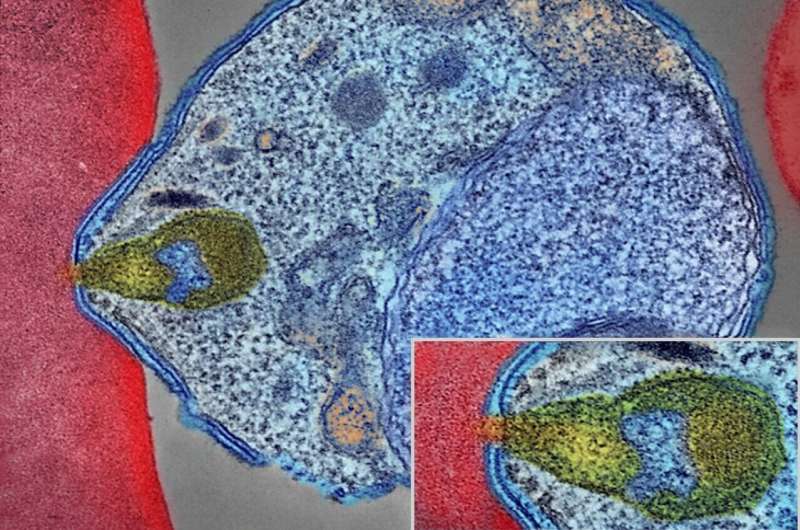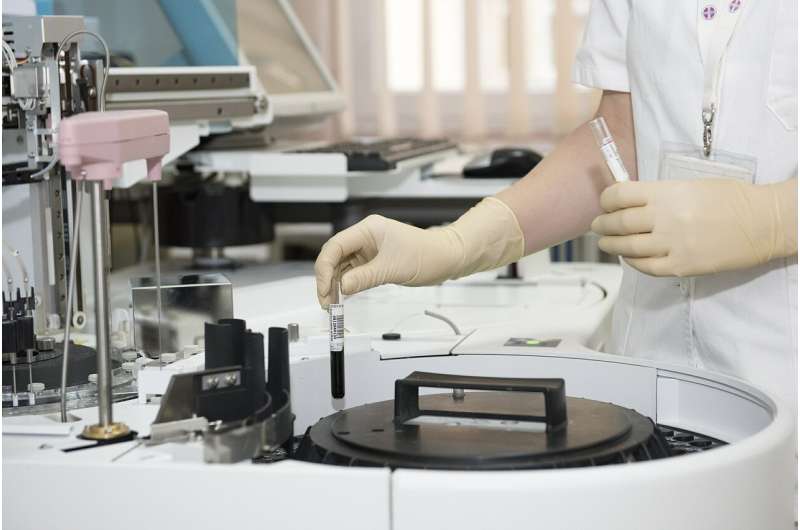Promising Findings on Quality of Life for Adults with Down Syndrome and Congenital Heart Defects

New research highlights that adults with Down syndrome and congenital heart defects can lead active, fulfilling lives comparable to those with Down syndrome alone, reshaping long-held assumptions about their future prospects.
Recent research from the Medical University of South Carolina reveals encouraging insights into the lives of adults living with both Down syndrome and congenital heart defects (CHD). The study, published in Pediatric Cardiology, focused on individuals aged 18 to 45 and found that having a heart defect does not significantly hinder their participation in employment, volunteering, or community engagement. In fact, adults with both conditions demonstrated similar or higher levels of community involvement compared to those with Down syndrome alone.
The investigation was conducted via a comprehensive online questionnaire completed by 287 adults with Down syndrome, including 104 with CHD, along with their caregivers. It assessed various aspects such as medical history, employment, mental health, and quality of life. The results challenge outdated assumptions and suggest that these health challenges do not necessarily compromise adult life success.
The study was organized through the Pediatric Heart Network, involving leading children’s hospitals such as MUSC Shawn Jenkins Children’s Hospital. Dr. Stephanie Gaydos, the study’s lead researcher, emphasized the importance of understanding long-term outcomes and improving tailored care for this population.
Understanding Down syndrome involves recognizing a genetic condition caused by an extra chromosome 21, impacting development and intellectual functioning. Congenital heart disease affects nearly half of individuals with Down syndrome and involves structural abnormalities in the heart present at birth.
A key concern among families has been whether these health issues limit adult opportunities and quality of life. Dr. Gaydos highlighted that the findings demonstrate that adults with both conditions can, and frequently do, engage actively in their communities, hold jobs, and participate in volunteer work. Volunteer participation was notably higher among those with CHD, despite greater neurologic problems.
These results lay a foundation for future research aimed at enhancing medical and social support for individuals facing these overlapping health challenges. The outlook is optimistic, indicating that a heart defect does not have to impede a fulfilling adult life.
The study underscores the importance of comprehensive, individualized care and challenges misconceptions, empowering families and care providers to foster greater community participation among adults with Down syndrome and CHD.
Stay Updated with Mia's Feed
Get the latest health & wellness insights delivered straight to your inbox.
Related Articles
Potential Impact of Trump Administration's Proposed Budget Cuts on Public Health and Medical Research
The Trump administration's proposed budget cuts threaten to significantly impair medical research, public health initiatives, and Medicaid, potentially slowing down medical progress and weakening healthcare systems in the US.
Genetic and Environmental Factors Significantly Increase Risk of Postpartum Psychosis in Women with Affected Siblings
A groundbreaking study reveals that women with sisters who have experienced postpartum psychosis are over ten times more likely to develop the condition themselves, highlighting genetic and environmental influences on postpartum mental health.
New Insights into Malaria Immunity Through Antibody Sequencing in Children
Researchers have decoded a naturally acquired antibody from a malaria-exposed child, revealing insights into immune protection against severe malaria through advanced mass spectrometry techniques.
New Patient-Physician Toolkit Enhances Education and Empathy in Opioid and Chronic Pain Management
A novel Patient-Physician Partnership Toolkit developed through co-creation enhances empathy and understanding in opioid and chronic pain management, aiming to transform healthcare education in Canada.



